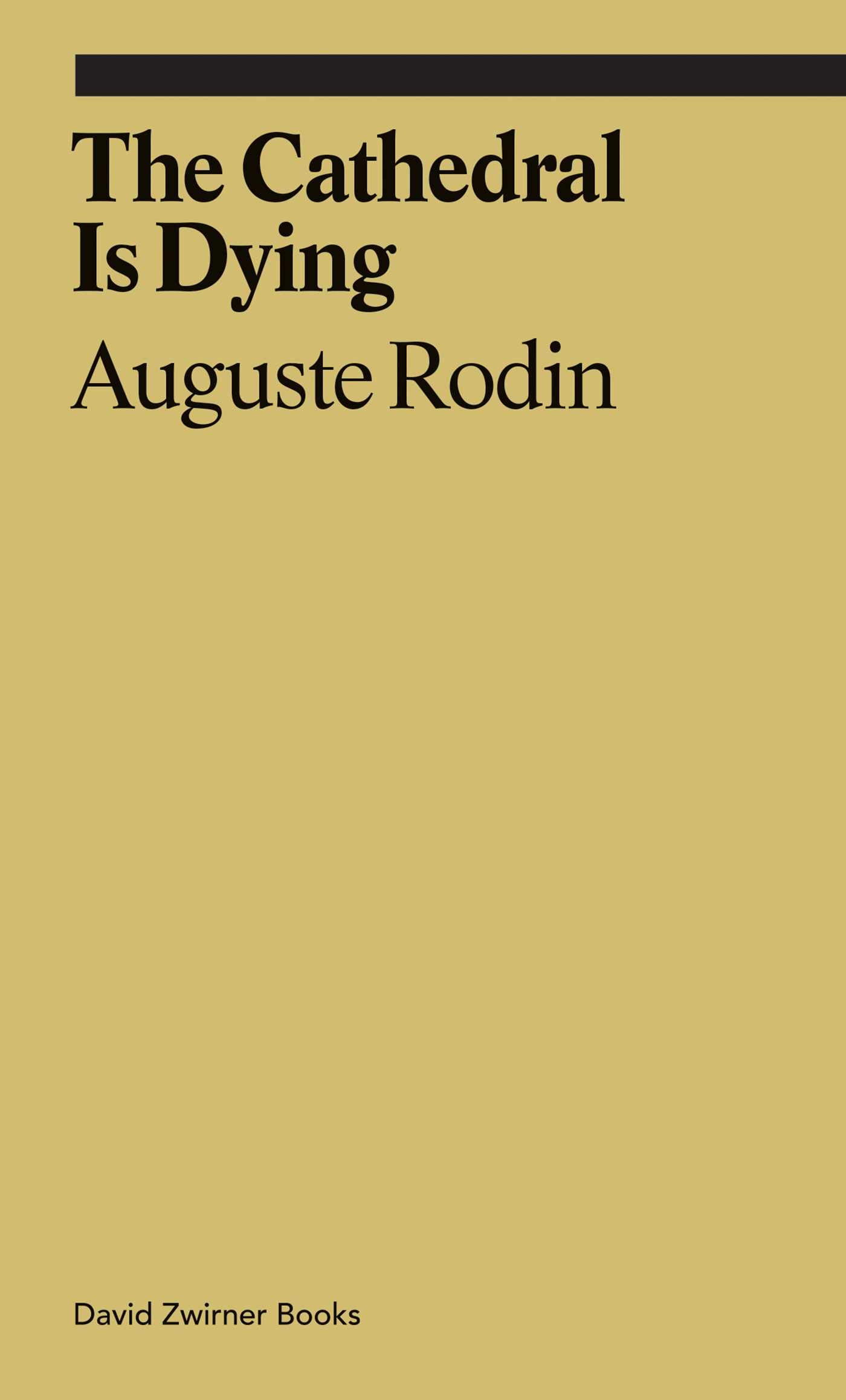- Informatii telefonice:(+40) 748 400 200
The Cathedral is Dying | Auguste Rodin, Rachel Corbett
Cod intern: xsales_1387733Producator: David Zwirner
Vizualizari: 37 / Achizitii: 23
Stoc: In stoc
Pret: 58.0 RON
Acest produs este publicat in categoria Librarie la data de 15-03-2025: 10:03 si vandut de Carturesti. Vanzatorul isi asuma corectitudinea datelor publicate. ( alege finantarea potrivita )
-
Produs cu garantie
-
Livrare direct din stocul fizic al Carturesti
-
Retur gratuit minim 14 zile de la data achizitiei
Master sculptor Auguste Rodin’s illuminating writings on cathedrals in France are especially relevant and significant following the recent fire at Notre Dame.In this volume, the writer and Rodin scholar Rachel Corbett selects excerpts from the famous sculptor’s book Cathedrals of France, first published in 1914, just before the outbreak of World War I. Cathedrals were central to the way Rodin thought about his art: he saw them as visual metaphors for the human figure, among the finest examples of craftsmanship known to modern man, and as a model for how to live and work―slowly, brick by brick.Here, Corbett takes the fire at Notre Dame and the concerns over its restoration as an entry point in an exploration of Rodin’s cathedrals. Rodin adamantly opposed restoration, as he felt it often did more damage than the original injury. (Many of the cathedrals that Rodin looks at in his texts were, in fact, bombed during the war.) But while he rails against various restoration efforts as evidence that “we are letting our cathedrals die,” the book, with its tenderly rendered sketches and written portraits, is itself an attempt to preserve these cathedrals. The selection of texts in this volume is a reminder―as is the tragedy of Notre Dame―of why we ought to appreciate these feats of architecture, whether or not they are still standing today.



























Scrie parerea ta
The Cathedral is Dying | Auguste Rodin, Rachel Corbett
Ai cumparat produsul The Cathedral is Dying | Auguste Rodin, Rachel Corbett ?
Lasa o nota si parerea ta completand formularul alaturat.
Master sculptor Auguste Rodin’s illuminating writings on cathedrals in France are especially relevant and significant following the recent fire at Notre Dame.In this volume, the writer and Rodin scholar Rachel Corbett selects excerpts from the famous sculptor’s book Cathedrals of France, first published in 1914, just before the outbreak of World War I. Cathedrals were central to the way Rodin thought about his art: he saw them as visual metaphors for the human figure, among the finest examples of craftsmanship known to modern man, and as a model for how to live and work―slowly, brick by brick.Here, Corbett takes the fire at Notre Dame and the concerns over its restoration as an entry point in an exploration of Rodin’s cathedrals. Rodin adamantly opposed restoration, as he felt it often did more damage than the original injury. (Many of the cathedrals that Rodin looks at in his texts were, in fact, bombed during the war.) But while he rails against various restoration efforts as evidence that “we are letting our cathedrals die,” the book, with its tenderly rendered sketches and written portraits, is itself an attempt to preserve these cathedrals. The selection of texts in this volume is a reminder―as is the tragedy of Notre Dame―of why we ought to appreciate these feats of architecture, whether or not they are still standing today.
Acorda un calificativ